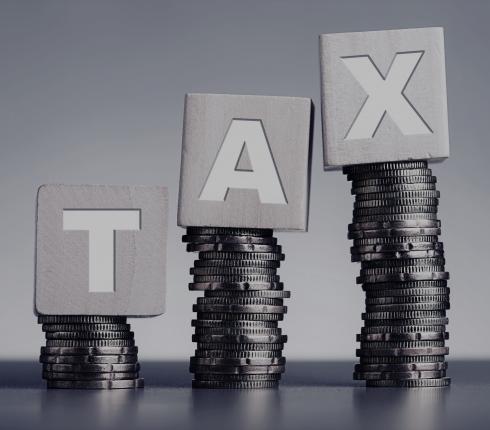NJORD Estonia: Amendments to laws that entered into force in 2020
A new year traditionally brings changes to laws and regulations and in that regard 2020 is no exception. Below we would like to point out some important changes for businesses, which in 2020 are largely related to taxes.

Compensation of public transport costs
Henceforth compensating the costs of public transport used to transport employees between their homes and places of work will not be subject to taxation as a fringe benefit. A fringe benefit is any sort of monetary benefit made to an employee. These are costs that under ordinary circumstances would be the responsibility of the employee but as part of a motivation package or for whichever other reason the costs are covered by the employer. Fringe benefits are subject to taxation by the income tax and social tax.
Previously, compensating the costs of transport of an employee was not considered as a fringe benefit if it was not possible for the employee to use public transport with reasonable financial costs and in a reasonable timeframe. It was presumed that if it is reasonably possible for an employee to use public transport, then the employee should be responsible for the costs as well. From now on, compensating the costs of using public transport is promoted.
Income tax when exiting
If a company founded in Estonia takes assets to a permanent establishment in another country, income tax will be charged. The taxable amount is calculated by subtracting the value of the carrying amount of the assets from the market value.
Paying the income tax can, in certain conditions, be spread out over multiple deadlines and the tax obligation does not apply if, for example, the assets are taken out in connection with financing securities or if the assets are set to revert to Estonia within a period of 12 months.
Value-Added Tax Act
Harmonising the regulation regarding chain transactions
The regulation regarding taxation of chain transactions is harmonised, by amending the VAT Act. Thus far each EU Member State has applied the regulation in their own way. The tax liability of companies should not change with the amendments. Harmonising the rules should rather help to avoid double taxation or a lack of taxation altogether. Chain transactions are when the same goods are disposed of several consecutive times. If the transfer of goods is deemed to be an intra-Community supply of goods, the VAT rate is 0%. For a chain transaction to be deemed an intra-Community supply of goods, the goods must be transferred to such a reseller who shall transfer them directly to the last acquirer from one Member State to another, in the chain of transactions.
Consumer Protection Act
Expanding the supervisory competence of the Consumer Protection and Technical Regulatory Authority
From 17.01.2020 the supervisory competency of the Consumer Protection and Technincal Regulatory Authority (CPTRA) shall be expanded. Henceforth, the CPTRA may require third parties to present relevant information in order to verify the data presented by a trader or eliminate any violations. The CPTRA will also have the right to ask internet service providers for information to identify users.
The CPTRA may restrict access to web pages or applications if there are no other effective ways to protect the interests of consumers.
International Sanctions Act
Expanding the list of obligated persons
From 2020, the list of obligated persons in the International Sanctions Act was expanded to now include cryptocurrency service providers. This means that cryptocurrency service providers are also obligated to make sure that their clients are not subject to financial sanctions and are obligated to notify the Financial Intelligence Unit, if necessary.














